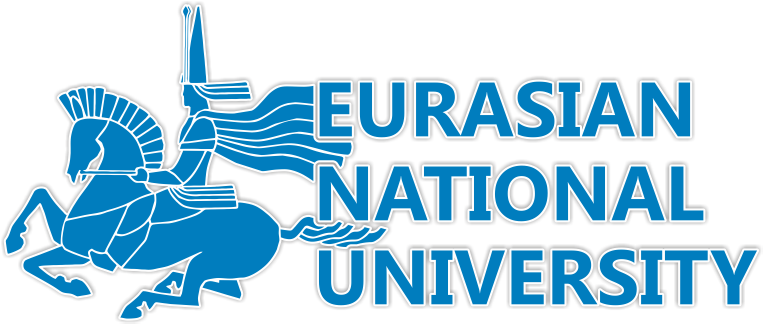On June 4, 2019, a meeting of proxies of the candidate for the President of the Republic of Kazakhstan from the party “Nur Otan” Kassym-Zhomart Tokayev with the collective “TPP-1,2” of the city of Nur-Sultan was held. The event was addressed by Doctor of Law, Associate Professor of the Department of Theory and History of State and Law, Constitutional Law Zh.I. Ibragimov.
The meeting of members of the public headquarters of the candidate for the President of Kazakhstan from the party “Nur Otan” Kassym-Zhomart Tokayev was opened with a special session devoted to the election program of the candidate Kassym-Zhomart Tokayev.
The trusted representative of the presidential candidate of the Republic of Kazakhstan, Zh.I. Ibragimov, said that Kassym-Zhomart Tokayev’s electoral program paid serious attention to modernizing the energy system by introducing modern “smart technologies”, introducing renewable energy sources of renewable energy sources and alternative energy sources to 30 percent by 2020 year, to gasify Central Kazakhstan under the Saryarka project, to complete construction of the main part already in 2019, to reduce the energy intensity of the economy by 15 percent by 2025. He also noted that the communal infrastructure is being modernized, first of all, the heat, water and power supply systems. Environmental legislation is in line with advanced international standards. International standards and technologies will be introduced to increase the level of environmental safety in industrial enterprises.

With great enthusiasm, the meeting participants received a message about the state program of regional development, about the principles of “walking distance” of the most demanded public goods and services, which will become the basis of regional standards of quality of life.
Zh.I. Ibragimov He also stressed that the program notes the development of local governments as a real mechanism for citizen participation in the process of making state decisions and controlling their implementation.


